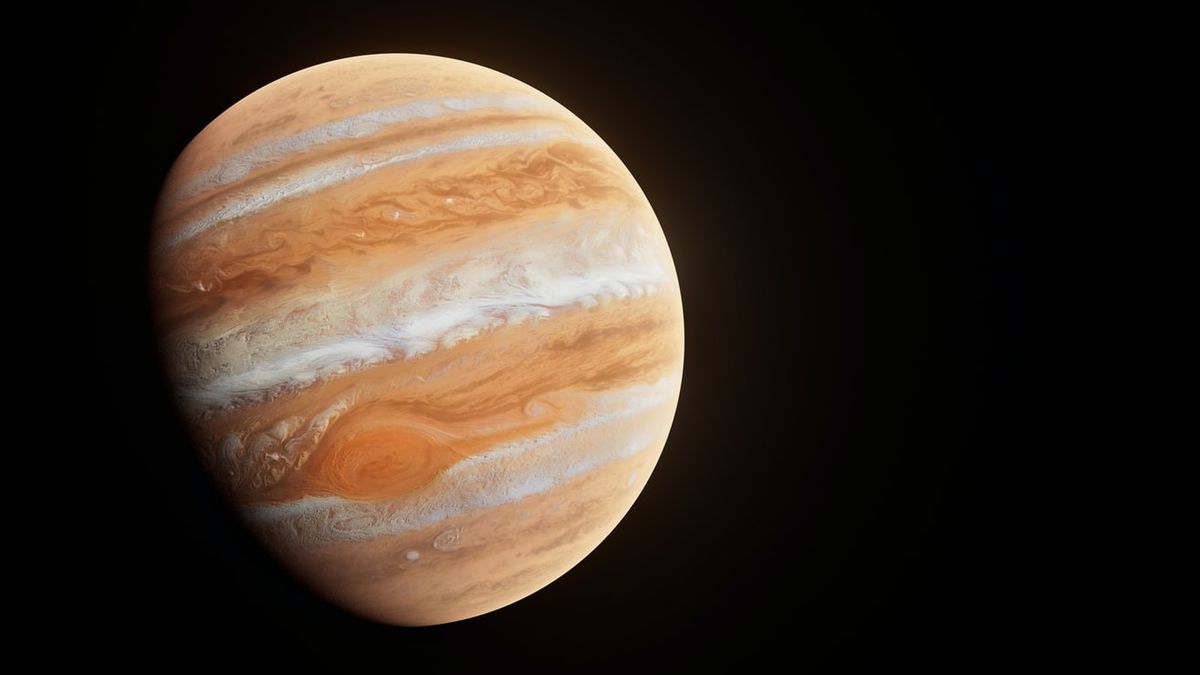JAKARTA – Juno, the NASA spacecraft in charge of monitoring Planet Jupiter and its moons, discovered something strange. As Juno flew close to Ganymede's Moon from Earth's largest neighbour, it again recorded some strange noises.
Juno is equipped with electric and magnetic wave instruments to record electromagnetic waves in Ganymede's magnetosphere. Uniquely, when the frequency of the captured waves is converted into audio format, it produces a series of screams and howls of alien creatures – aliens – which are interesting but very scary.
The 50-second audio track was unveiled at the 2021 American Geophysical Union Fall Meeting. Physicist Scott Bolton of the Southwest Research Institute says the audio track is wild enough to make listeners feel as though they're riding a horse as Juno sails past the Ganymede Moon for the first time.
"If you listen closely then you can hear a sudden change to a higher frequency around the midpoint of the recording which indicates the entry of a different region in the magnetosphere of Ganymede's Moon," he said, as quoted by the Express, Wednesday, December 22, 2021.
Bolton and other scientists often convert data into audio frequencies as a way to access and dive into new data to help them understand fine details that might otherwise have been overlooked.
SEE ALSO:
NASA has also recorded mysterious sounds in the Solar System with various probes, including the Voyager spacecraft.
Physicist and astronomer William Kurth of the University of Iowa said it was possible the change in frequency occurred after Juno made its closest journey from the night side to the day side of Ganymede's Moon.
NASA has always been fascinated by the Moon Ganymede, which is the largest Moon in the Solar System. In fact, it is bigger than Mercury and Pluto. The Hubble Space Telescope has also found evidence of an underground saltwater ocean on Ganymede's moon.
The United States Aeronautics and Space Administration or NASA has recorded mysterious sounds in the Solar System with various probes, including the Voyager spacecraft.
The English, Chinese, Japanese, Arabic, and French versions are automatically generated by the AI. So there may still be inaccuracies in translating, please always see Indonesian as our main language. (system supported by DigitalSiber.id)


















